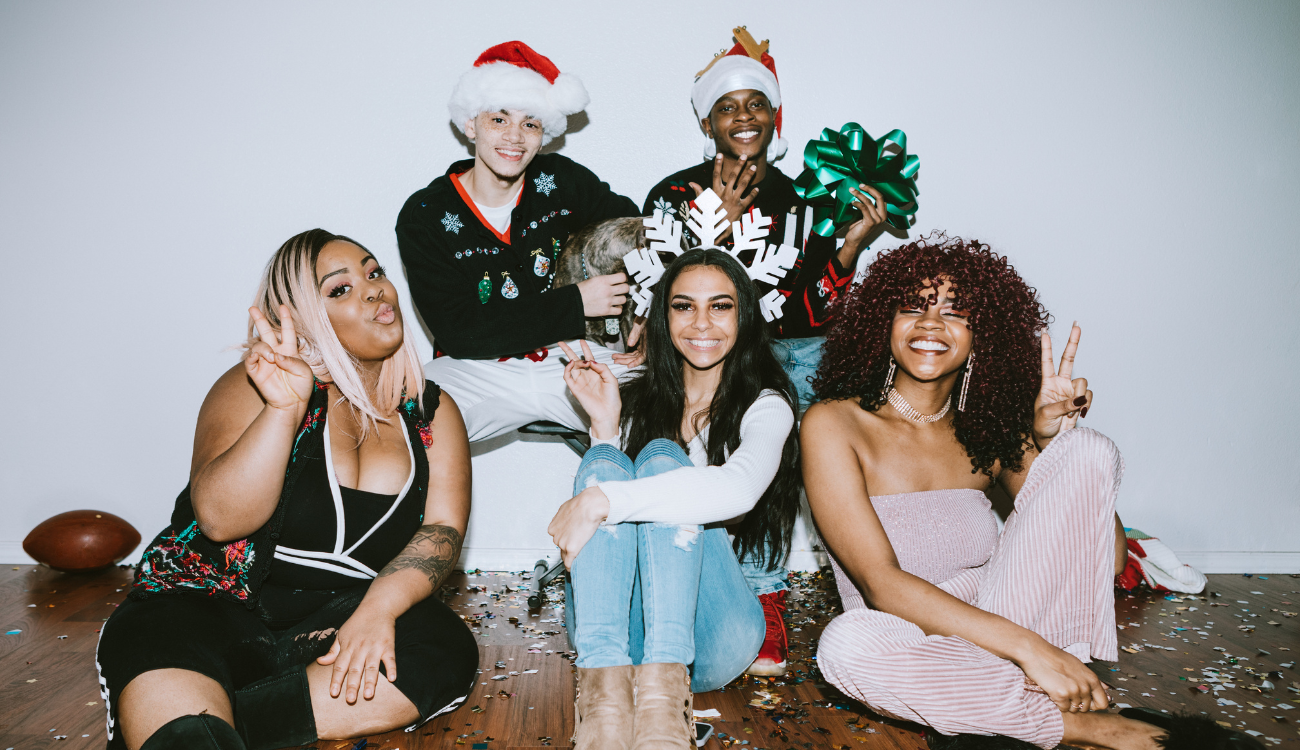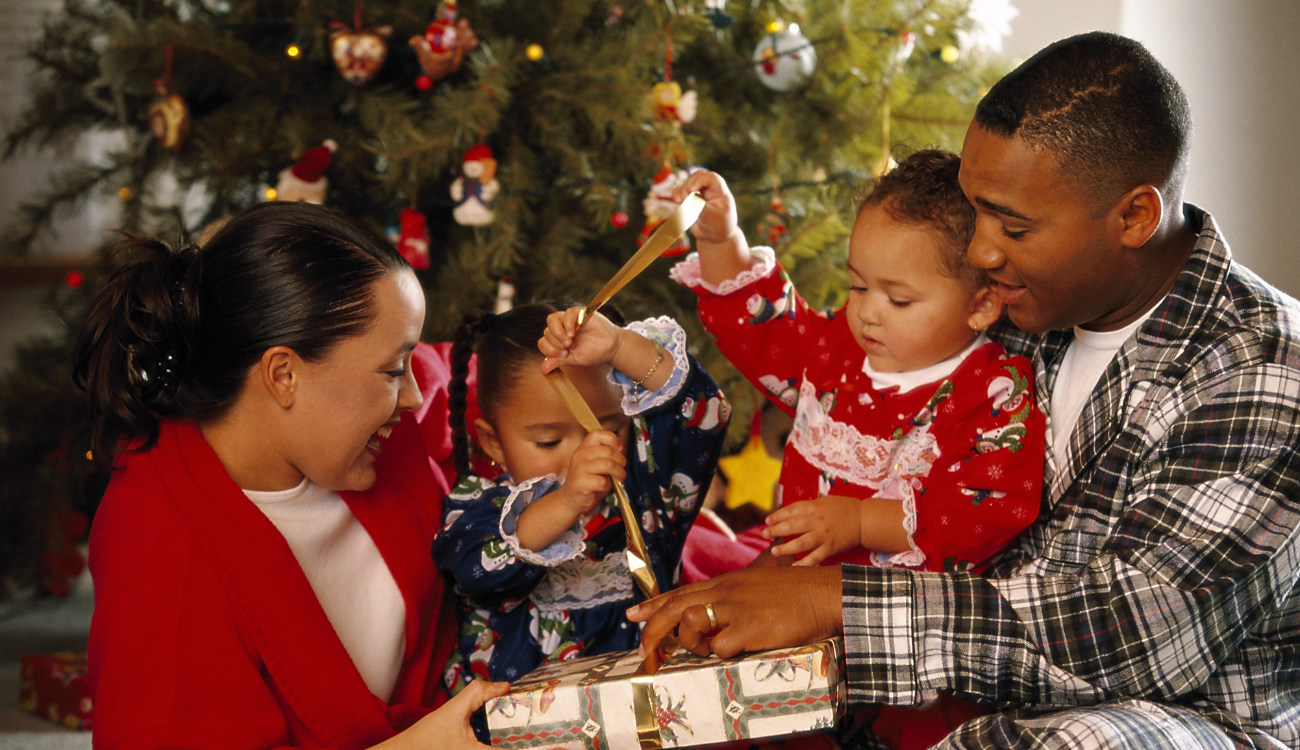Pion has partnered with Word on the Curb to get their insights on audience engagement. Word on the Curb will be at YMS next week.
How do you start a difficult conversation with a close friend?
What do you say when you need to let your winter situationship know it’s over? Better yet, you want the perfect text that shows you’re interested but not too interested in your new crush, where do you begin?
Pre-2022 you had a couple of options. You could clumsily draft your own text and hope for the best, or ask an equally clueless friend for help.But young people have tapped into a (not so) secret option. Ask AI, duh.
Recent snap-polls of Word on the Curb community members show that more than two- thirds have already used a chatbot for everyday knowledge, half for creative brainstorming, and over one- third for untangling friendship or dating dilemmas.*
Let’s explore how your brand can become a useful tool by learning from how ChatGPT has integrated into young people’s relationships, habits and lifestyle.
More Open (AI) Relationships
Young people are increasingly turning to AI, ChatGPT specifically, to help work through tricky social situations and navigate vulnerable, complicated interpersonal moments.
Confidence is the currency:
In our poll, 38 % said they use AI to feel surer of what they’re saying, while 25% lean on it to make wording clearer and more direct. Roughly one in seven have asked it to craft a first text to a new crush or help set a boundary, and almost one in ten have used it to de-escalate a disagreement or write an apology.
“I used ChatGPT to make [the text I sent] more natural and less passive-aggressive sounding... I needed to get my point across, but not sound so angry.”
“I have anxiety, and when I spiral or need reassurance, I ask (ChatGPT) for ways to, like, reframe the situation.”
Some users are going one step further by using AI support as a substitute for therapy. In a recent report, OECD.AI reported that TikTok users posted over 16.7 million videos describing ChatGPT as a personal therapist in March.
And this all makes sense. Yes, there are ethical considerations around using ChatGPT as mental health support – including misdiagnosis and delayed care. In fact, users report that ChatGPT often recommends they seek help from a professional therapist. But the pros outweigh the cons for a lot of young people.
"It provides me with a way to express my emotions and work towards healing from any place, at any time, instantly — and for free.”
“If I’m having a PTSD episode and I don’t have anyone to talk to, I’ll go on and say something like, 'I feel numb, give me tips on how to ground myself... ”
Seamless integration
What’s suprising about this isn’t that Gen Z are turning to AI for help. ChatGPT is setting a new benchmark for how young people expect brands to engage with them. It’s safe to say that ChatGPT has downloaded itself into young people’s emotional and relational worlds.
But how was it so easy?
In a world that’s more complex, growing up is becoming more stressful. Young people are on the hunt for ease of use, non-judgemental support and convenience. They’re used to having access to help at the drop of a hat so ChatGPT is a natural extension. Now, they confidently co-create responses that relieve them from the burden of (over) thinking what to say. Gen Z uses ChatGPT to outsource emotional labour; de-escalating conflict and setting boundaries in the process.
What can you learn from ChatGPT?
You need to learn how to be useful to young people’s lives outside of the intended function of your product. Young people value practical emotional support. Can your brand help them feel more confident, capable, or socially fluent?
To be invited in, brands need to integrate, not interrupt. Can you create tools, products, or services that naturally fold into young people’s routines?
Be a companion. Young people use ChatGPT to co-write everything. Don’t just broadcast your message, invite co-creation. How can your brand be a partner in their expression?
Young people use ChatGPT for its privacy and tailored response to their specific needs. Think about how your brand offers value that feels more 1:1 than 1: everyone.
Consider a world where brands stop trying to solely ‘build community’ and start helping people repair relationships.
What if the future of youth marketing isn’t more social media, it’s social support?
Written by Sheyi Ogunshakin, Senior Research and Strategy Consultant at Word on the Curb. Word on the Curb is an audience engagement agency blending consumer insights and creative strategy to represent the underrepresented.
Sources:
https://fortune.com/2025/06/01/ai-therapy-chatgpt-characterai-psychology-psychiatry/
https://www.teenvogue.com/story/how-students-using-chatgpt-therapy-breakups
https://pp.oecd.ai/en/incidents/2025-06-05-1ab9
*Word on the Curb snap-polls, May 2025. Multiple-choice questions.
{{ctaDark}}
Read next...
Want to hear more?
1,000+ brands trust Pion
Ready to see how Pion can supercharge your sales targets?






.png)

%20(16).png)
